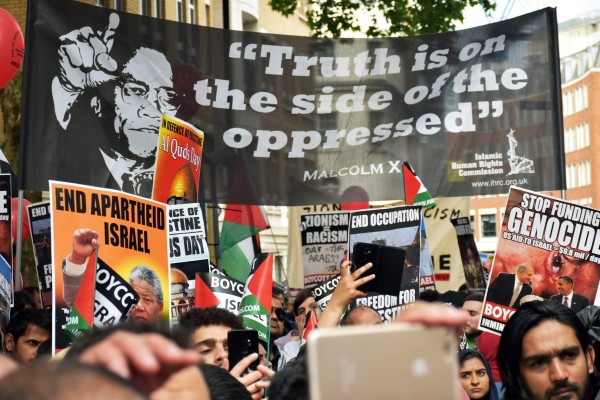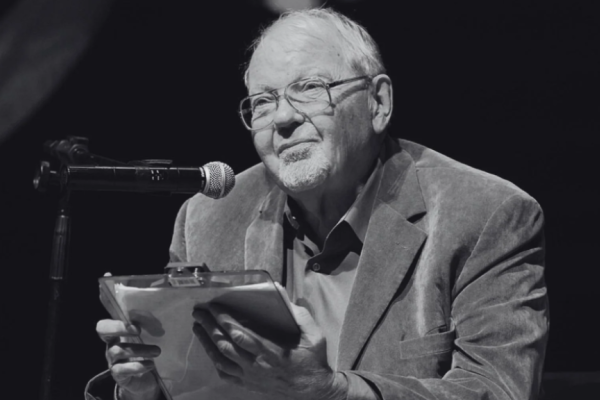-

Can a global history of humans be a people’s history?
Efforts by Western governments to suppress evidence-based history, whether through banning “critical race theory” or a focus on ideologically sifted “facts and dates” must be fought. We need to insist on national histories being told from the point of view of the common people with that history placed in the context of the whole history of our species.
-

Truth takes a side
The musings of billionaires, the pronouncements of leading politicians and the version of events that we get from the corporate media all reveal how the rich and powerful view the world and their own place in it. We need to be alert to the common ways in which they misrepresent and distort reality for their own advantage, writes John Clarke.
-

Boris Kagarlitsky: Obituary for Fredric Jameson (1934-2024)
When I am freed, I will not be able to thank him, hear his voice again, or learn from his opinion on the latest pressing issue. As time passes, we all become more isolated, losing beloved conversationalists, teachers, and respected colleagues. And we must rely on ourselves. But we still have students, followers, and comrades. Fred had many of them.
-

John Saul and the meaning of solidarity
John Shannon Saul, the writer, scholar, and solidarity activist, died in Toronto on September 23, 2023. He leaves behind a rich scholarly and activist legacy, having authored, by a conservative estimate, some 25 books on African history, politics, and society. Saul played a key role in supporting liberation movements in Africa while advancing social change at home.
-

Lenin: a centenary reflection
The cult of personality that the Soviet authorities built around Lenin after his death was fully justified. The revolution of November 1917 really was Lenin’s revolution, and the communist system really was Lenin’s creation. Great impersonal forces matter. But so too does individual agency. The life of Vladimir Lenin proves the point. For good or evil, he changed the path of history.
-

Kagarlitsky: Letter from prison
Boris Kagarlitsky, an internationally renowned scholar and political activist, was arrested on July 25 by the Russian FSB. Despite his lifelong anti-terrorism stance, he is accused of “justifying terrorism” based on a blog post about the Russia-Ukraine war. He is being held until September 24 and may face a seven-year prison term upon trial.
-

Can social democracy solve poverty?
A government that is committed to the principles of collectivism, egalitarianism and redistribution, and that has the courage to act on these principles, would drive down the incidence of poverty. Enormously difficult though this would be, as is acknowledged in my conclusion, it should and could be done. Whether social democracy can do this or not is an important question.
-

Who wants to be Mussolini?
In his latest column, Boris Kagarlitsky casts his critical eye on the forces of right-wing populism in Russia today and its leading figures Igor Strelkov and Yevgeny Prigozhin. They may rail against corrupt elites, Kagarlitsky explains, but the change they seek is superficial, a mere changing of the guard; above all they fear the social transformation to which disorder is liable to give rise.
-

Closing with care
Intentional endings are important. I know very little about the deliberations that went into the decision by OCAP members to retire their organization. But I have deep respect for groups of people that do the difficult, unglamorous work of reflecting on their efforts, determining that their organization is no longer viable, and purposefully bringing it to a close.
-

Russian liberalism’s false dawn
Konstantin Bogomolov recently published an article denouncing his one-time ideological allies in Russia’s liberal intelligentsia for their attitude towards the Russian people and the war in Ukraine. Bogomolov was out to provoke, yet beneath its insulting rhetoric, his article contained a germ of truth about the prospects for Russia ever turning into a liberal democratic state.



